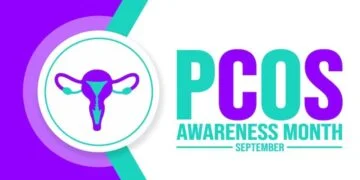The study’s findings suggested that acute insulin resistance was the major mechanism underlying newly diagnosed diabetes in the majority of Covid-19 patients, and that insulin deficiency, if it occurs at all, is generally not permanent. Interestingly, the MGH study found that individuals with new-onset diabetes had higher inflammatory markers and required more frequent admission to hospital ICUs than Covid-19 patients with pre-existing diabetes.
Several doctors in Karnataka have also discovered cases where patients only required insulin or other medications for a short period of time. According to the author, “these patients may require insulin or medication for a short period of time, and it is therefore critical that physicians closely monitor them to see if and when their conditions improve.”

The cohort used for the study was followed for a year and those who developed diabetes with Covid-19 had normal blood sugar after a year of insulin or medicine treatment. Endocrinologists in Karnataka also argue that Covid-19 may prompt patients with pre-existing but undiagnosed diabetes to seek medical attention for the first time, allowing their blood sugar disorder to be clinically diagnosed.
“It is partially true that some patients develop diabetes during Covid, except those who may have underlying diabetes that was incidentally detected during Covid illness,” said Dr Mahesh D M, Consultant, Endocrinology, Aster CMI Hospital.
Doctors believe that the steroids used in Covid-19 treatment may cause sugar spikes in some patients, leading to diabetes. “Diabetes may be temporary in patients with mild sugar increases, or it may be steroid-induced.” “We still don’t know whether these patients have temporary or permanent diabetes,” they said.









































